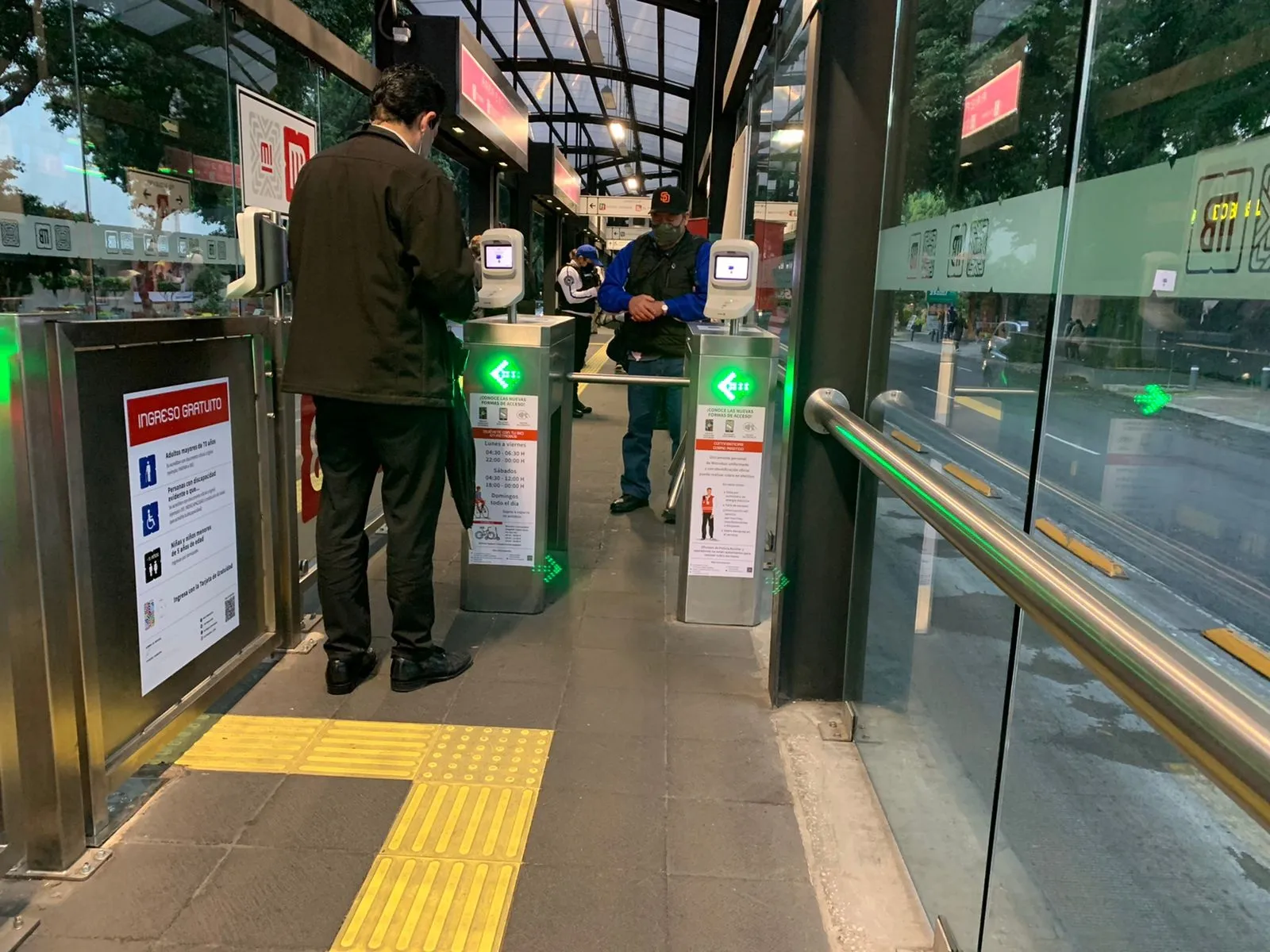In partnership with
Regional passengers can now pay using a mobile wallet such as AndroidPay, ApplePay or SamsungPay, as well as any contactless bank card by simply tapping their phone on any of the 1,200 Imot validators. Hop Fastpass is valid on the Portland Streetcar, C-TRAN buses including The Vine, TriMet’s buses, MAX light rail and WES Commuter Rail.
In addition, Hop Fastpass offers daily and monthly fare capping and provides more cost-effective transport options for travel throughout the Portland-Vancouver Metropolitan Area.
Init’s back-end processing software, MOBILEvario, serves as the core intelligence for the account-based and open payment fare system. It manages and processes fares in real-time, recognises and processes revenue sharing, as well as managing accounts and automating reconciliations for all three agencies. The system also provides off-line processing in the event of a network outage, ensuring fare payments can still be processed.
Portland-Vancouver Metropolitan Area public transit implements Init e-fare
In partnership with TriMet, C-TRAN and Portland Streetcar, Init has delivered the final element of the newly launched Hop Fastpass e-fare system in the Portland-Vancouver Metropolitan Area in the US. Regional passengers can now pay using a mobile wallet such as AndroidPay, ApplePay or SamsungPay, as well as any contactless bank card by simply tapping their phone on any of the 1,200 Imot validators. Hop Fastpass is valid on the Portland Streetcar, C-TRAN buses including The Vine, TriMet’s buses, MAX light ra
August 24, 2017
Read time: 2 mins










